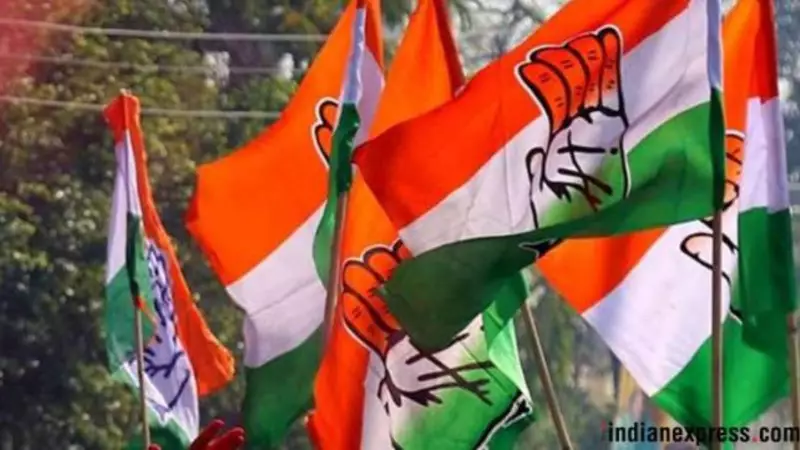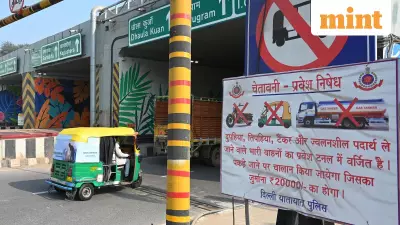
The Bihar Congress unit witnessed what many described as a spectacular political collapse during the recent assembly elections, leaving party leaders stunned by the scale of their defeat. Despite early warnings, few anticipated the complete disintegration of the RJD-led Mahagathbandhan alliance, which was swept away by an NDA wave that reshaped Bihar's political landscape.
The Social Justice Strategy Backfires
Congress leaders identified their attempted paradigm shift toward backward and Extremely Backward Classes (EBCs) as a primary reason for their electoral disaster. This strategic move, intended to broaden the party's appeal, instead alienated their traditional upper-caste supporters while failing to attract the targeted communities. Nitish Kumar remained the preferred choice for EBC voters, whose loyalty to the JD(U) leader remained unshaken.
A revealing incident highlighted this miscalculation. When Rahul Gandhi attended an EBC conference in one district, he bypassed a nearby village with significant Brahmin population where approximately 5,000 people, including a former university vice-chancellor, awaited his visit. Party insiders revealed that advisors had warned against the optics of visiting a Brahmin village after an EBC event, demonstrating the either-or approach that ultimately backfired.
Failed Campaign Narratives
The Congress's emphasis on Special Intensive Revision (SIR) and vote theft allegations completely failed to resonate with Bihar's electorate. Despite clear feedback from ground workers that these issues weren't connecting with voters, the leadership persisted with what became their dominant campaign theme.
The miscalculation became particularly evident when Rahul Gandhi held a press conference in Delhi on the eve of first-phase polling, alleging vote theft in Haryana Assembly elections and hinting at similar allegations post-Bihar elections. Party leaders now acknowledge this signaled a lack of confidence in their own electoral prospects.
Meanwhile, RJD's Tejashwi Yadav focused his campaign on employment and everyday concerns, creating a disjointed narrative within the alliance. The two alliance partners rarely shared the stage, with only one or two joint rallies throughout the campaign period.
Questionable Candidate Selection
The Congress's decision to field numerous turncoats from NDA parties including BJP, JD(U), and LJP damaged the party's credibility. Party insiders identified at least 10 candidates with past NDA associations in constituencies like Sonbarsha, Kumhrar, Nautan, Forbesganj, Kuchiakote, and Baldaur.
This move appeared particularly hypocritical given the party's vehement opposition to BJP and RSS. As one Congress leader questioned: What credibility remains when candidates' social media profiles still display photographs with NDA leaders?
The electoral results showed the Congress, as the second-largest constituent of the Mahagathbandhan alliance, struggling to reach double digits, with leads in only 4-5 seats according to 1 pm trends on counting day. The scale of defeat left even the party's internal critics, who had predicted poor performance, completely baffled by the outcome.
Broader Political Implications
Nitish Kumar's focused outreach to women and EBC voters proved decisive, with the Chief Minister's Mukhyamantri Mahila Rojgar Yojana announced on August 29 proving particularly effective. The scheme promised Rs 2.1 lakh to women entrepreneurs, with the first installment of Rs 10,000 deposited in accounts of over 1.21 crore prospective entrepreneurs just before polls were announced.
This strategic move allowed the NDA to successfully rebrand the traditional Muslim-Yadav (M-Y) combination that traditionally supported the Mahagathbandhan into what one Congress leader described as mahila and yuva (women and youth), effectively neutralizing the opposition's core support base.
The comprehensive nature of the defeat has prompted serious introspection within the Bihar Congress, with many questioning whether the party's national leadership adequately understood ground realities in the state. The results indicate a need for significant strategic recalibration as the party looks toward future electoral battles.





